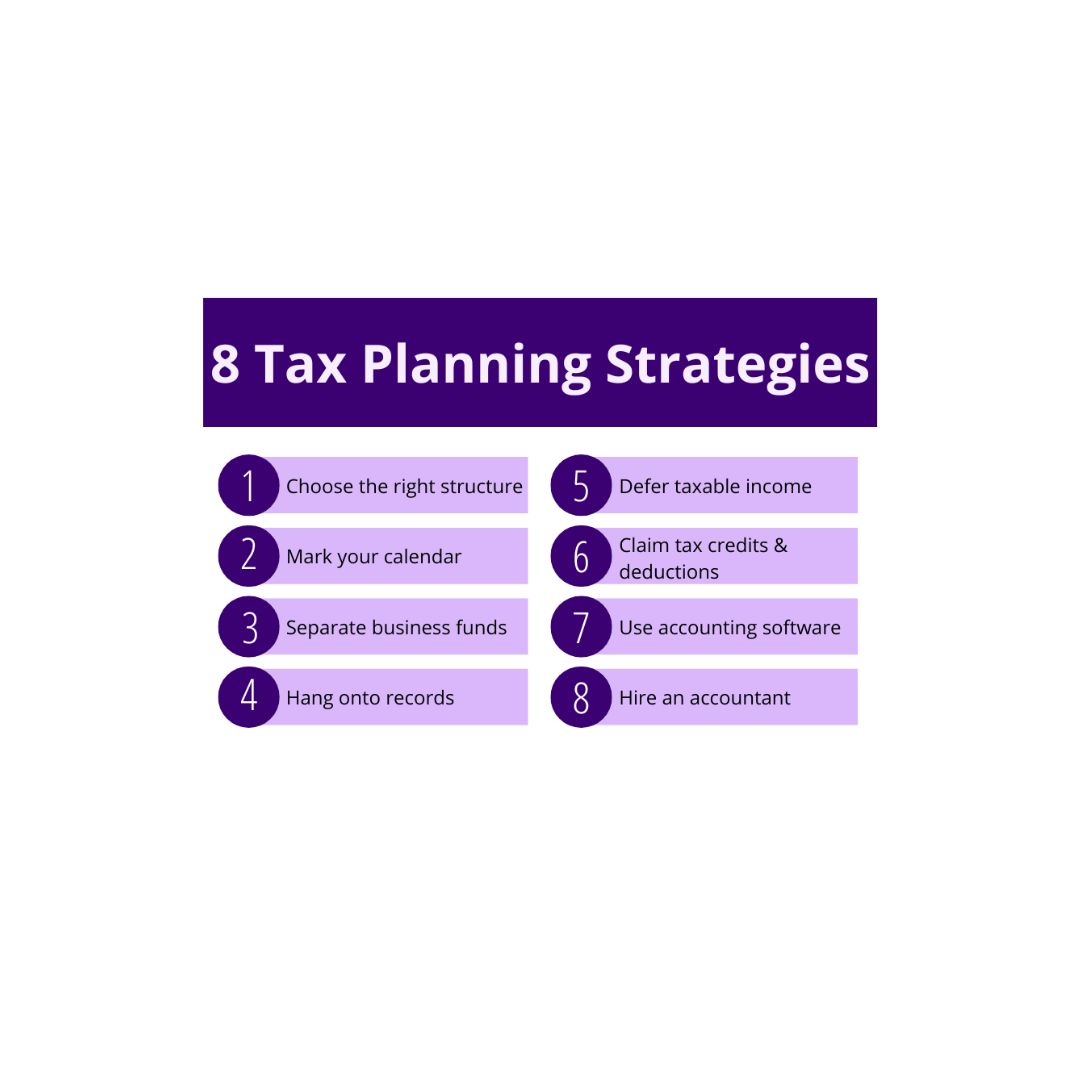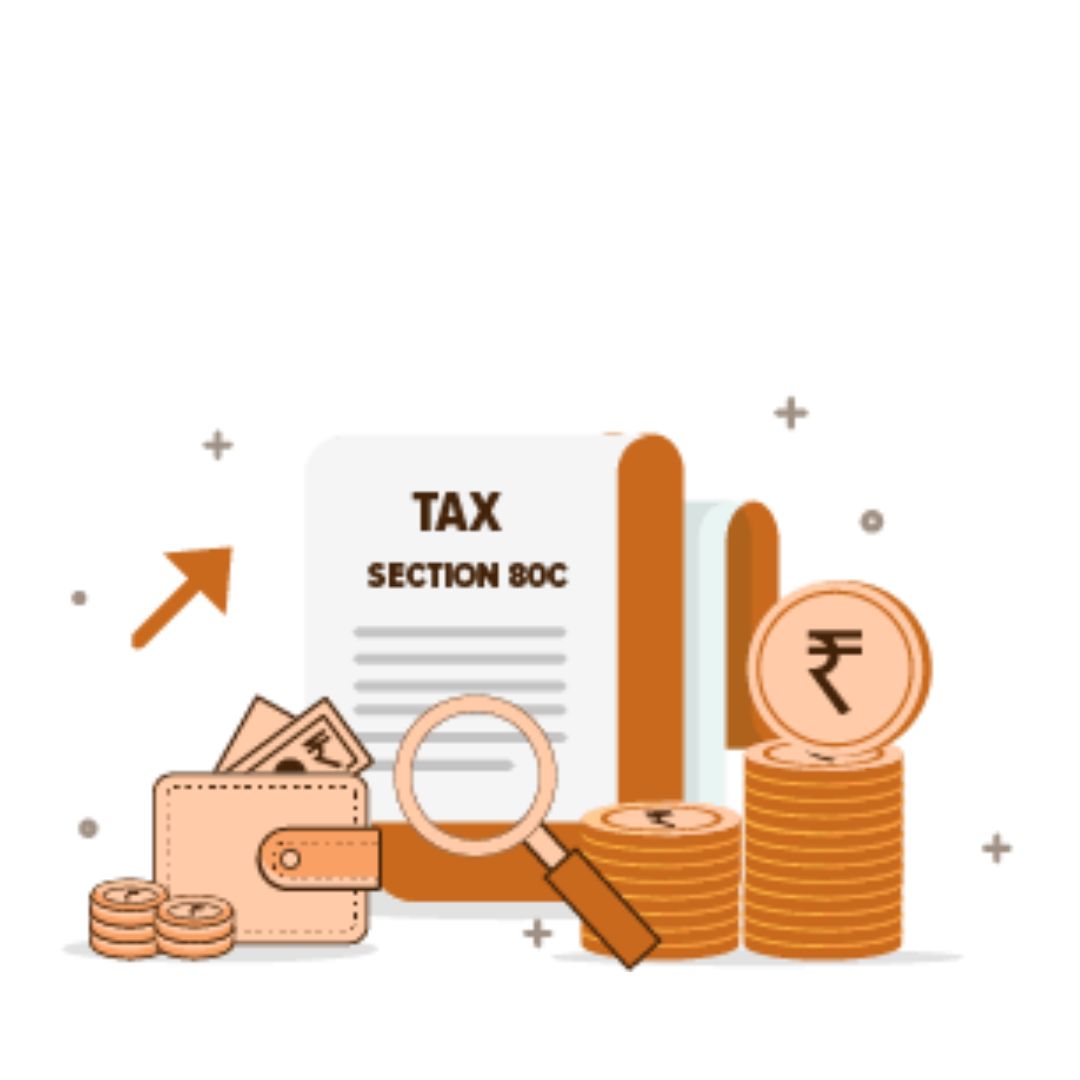Provident Funds (PF)
Provident Funds (PF) PF stands for Provident Fund, a mandatory savings scheme in India for employees and employers. It aims at ensuring financial security for employees after their retirement. It also includes contributions from both the employee and employer towards a dedicated provident fund account. Overview of the Public Provident Fund: Purpose:The primary goal of… Read More »






